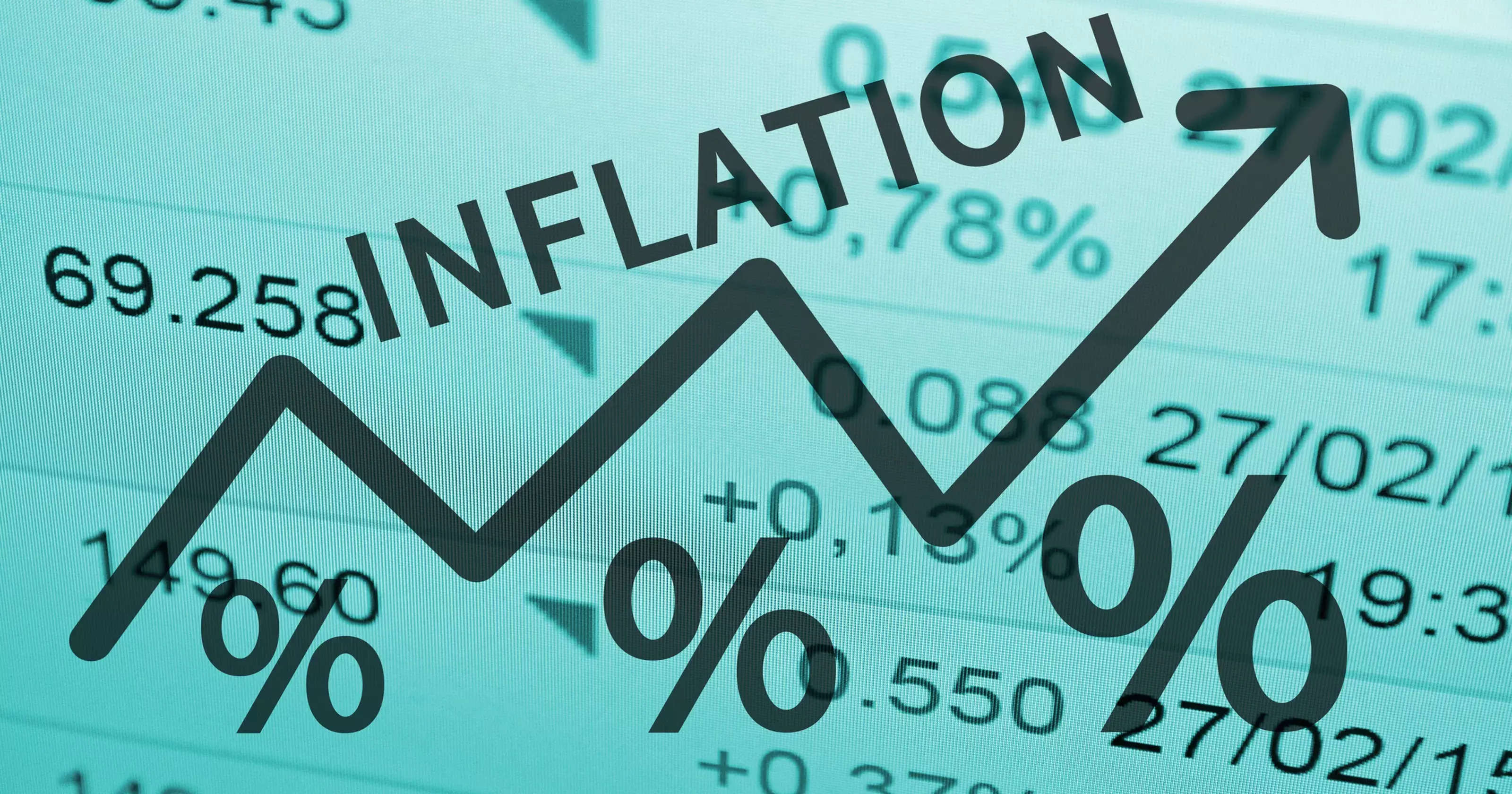
Central banks and markets may have dropped the narrative that inflation is “transitory,” but there is a strong chance that current spikes in prices are temporary and will soon begin to trend downward, economists and former central bank policymakers told the Reuters Global Markets Forum (GMF).
“I’ll confess I’m still in team transitory,” said Stephen Poloz, former governor of the Bank of Canada, referring to the rises in consumer prices.
Central banks around the world have revised earlier views that inflationary pressures were temporary and have embarked on a series of rapid interest-rate hikes. Poloz, however, said that while price rises have lasted longer than markets anticipated due to external shocks, they have likely peaked.
“The exogenous increase in commodity prices took over a year to peak, which means ‘transitory’ gets defined as at least 24 months,” he said.
Several economists saw the combination of central banks tightening rates, the increasing likelihood of an economic recession, and commodity prices giving up gains made in the wake of Russia’s invasion of Ukraine, as contributing factors to declining price pressures.
“The current sharp increase of interest rates by many central banks may eventually undermine the economy and cause that weaker demand,” said Takahide Kiuchi, former Bank of Japan policy board member.
Recession fears are looming globally including in the United States, the eurozone and the United Kingdom, leaving policymakers faced with the dilemma of tightening policy even as risks grow.
The steep growth in money supply in the wake of the COVID-19 economic fallout drove U.S. inflation higher, but “the money growth has come to a complete halt,” said Timothy Congdon, founder of the Institute of International Monetary Research.
“I think that we can restore the stability of the prices at the expense of deterioration of the economy,” said Kiuchi.
Other factors such as growing technology advances are also likely to structurally keep inflation in check, Poloz said.